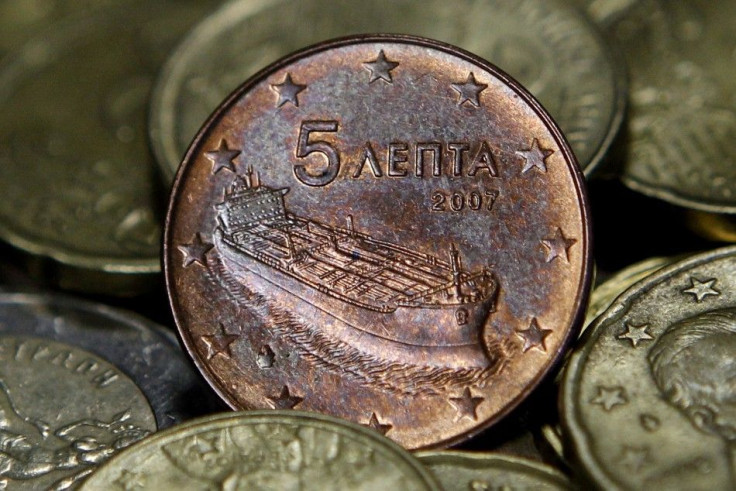German Growth Rescues Euro From Dive

The euro pulled back from a four-month low against the dollar during Asian trading Tuesday after Germany, the euro zone's largest economy, announced first-quarter GDP growth of 0.5 percent.
The euro was trading down 0.48 percent to 1.2765 against the dollar in midday currency trades, below the psychological barrier of 1.28. The currency had been strengthening this year, rallying to 1.3486 against the dollar. But so far this month the currency has lost 3 percent of its value, according to Thomson Reuters.
The euro dropped on Monday as Asian markets responded to investors fleeing risk for German bonds as well as U.S. dollars and U.S. government bonds.
We have had several down days in the euro and this is just an adjustment in the market. German economic strength won't help the euro zone, we need to see a solution in Greece and more robust growth in the periphery, Steven Saywell, head of European FX strategy at BNP Paribas, told Reuters. Our view is that the euro will continue to grind lower.
The yen has been holding steady while the Australian dollar hit a five-month low after the transcript from latest Reserve Bank meeting was released belying concerns over growing inflation and a cooling economy.
The euro touched 1.2624 against the dollar on Jan. 16, the lowest exchange rate since June 4, 2010 when the currency hit 1.1966.
© Copyright IBTimes 2025. All rights reserved.






















